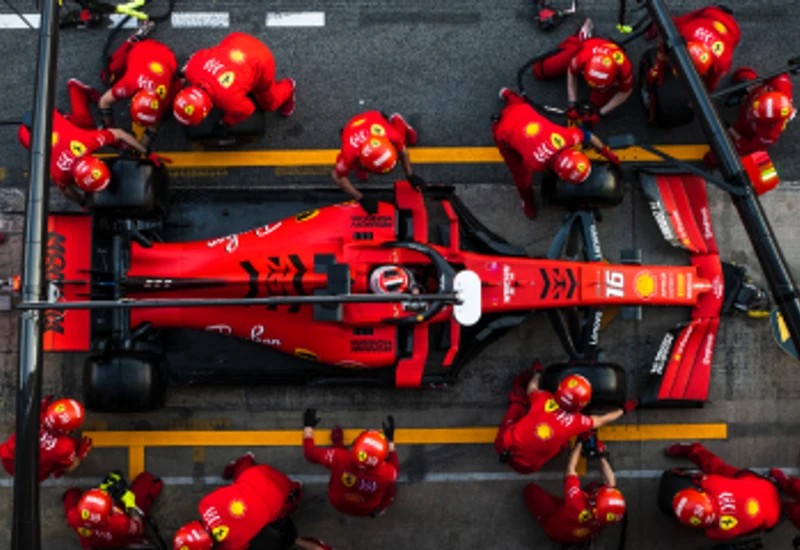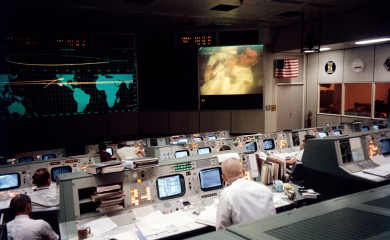
Why Carbon Matters

David Carlin
Net Zero Data Specialist
Get real about how data can drive change, from the invention of the life-saving seatbelt to tracking your carbon footprint. This Step breaks it down, showing how tracking small everyday actions, like your coffee or commute, can make a big difference.
Get real about how data can drive change, from the invention of the life-saving seatbelt to tracking your carbon footprint. This Step breaks it down, showing how tracking small everyday actions, like your coffee or commute, can make a big difference.
Sign up today
Sign up for Santander Open Academy to unlock your potential with our free, expert-led learning platform.

Why Carbon Matters
9 mins 16 secs
Key learning objectives:
Understand the importance of data in the climate and sustainability transition
Outline the need to track and measure carbon calories in order to combat climate change
Understand the concept of carbon reduction measures
Overview:
The opinions and viewpoints expressed in this video are those of the creator and do not necessarily reflect the views of any affiliated organisations.
Sign up today
Sign up for Santander Open Academy to unlock your potential with our free, expert-led learning platform.
The opinions and viewpoints expressed in this video are those of the creator and do not necessarily reflect the views of any affiliated organisations.
Sign up today
Sign up for Santander Open Academy to unlock your potential with our free, expert-led learning platform.

David Carlin
There are no available Steps from "David Carlin"






